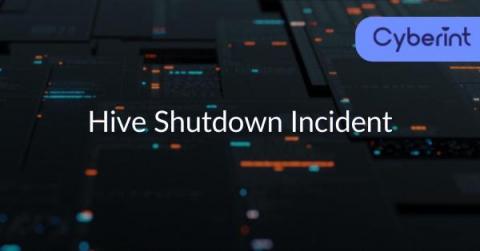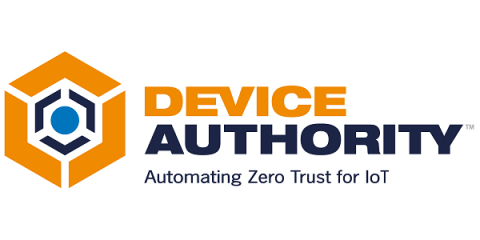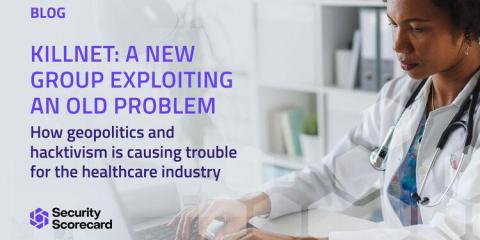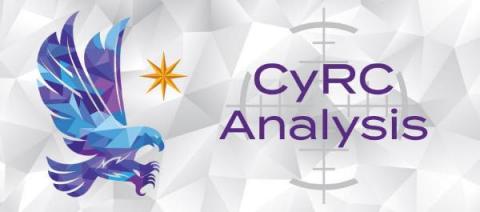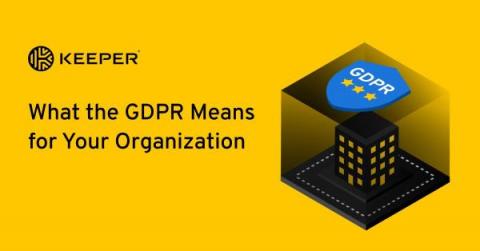Security | Threat Detection | Cyberattacks | DevSecOps | Compliance
Security
Nevada Ransomware Campaign
Music copyrights: how not to infringe
The Definitive Guide to Internet of Things (IoT) Privilege Access Management in 2023
According to a recent study, machine identities (IDs) are growing at twice the rate of human identities. To defend these machine identities in the IoT, privilege access management will be one of the most important areas of focus for businesses in the Internet of Things (IoT) space in 2023. As more and more devices are connected to the internet and can share data, it’s becoming increasingly important to make sure that only authorized users have access to sensitive information.
Killnet: A new group exploiting an old problem
How geopolitics and hacktivism is causing trouble for the healthcare industry
High costs are the main challenge for adopting zero-trust
Enterprises today have had to rethink how they apply security to their corporate network and, as a result, have decided to implement zero-trust principles. As this approach encompasses a security concept and an organizational vision, understanding the benefits it delivers requires cultural change and clear communication within companies.
CyRC Special Report: How companies fared in the aftermath of Log4Shell
2022 in Review: Privacy gains footholds in the US; EU continues to lead
2022 saw privacy truly take hold in the U.S., while Europe buttressed its position as the global leader and other regions worked to get up-to-speed with new or amended laws.
What the GDPR Means for Your Organization
The European Union (EU) General Data Protection Regulation (GDPR) turns five this year. While the law spawned many imitators, most notably the California Consumer Privacy Act (CCPA), the GDPR remains the world’s most comprehensive, far-reaching data privacy law to date. It gave European citizens a wide swath of new data privacy rights, while placing significant new data governance responsibilities on organizations.
Supply Chain Security: What is SLSA? (Part I)
Attacks on software supply chains have been around for some time, but recently they have evolved into much more dangerous threats. Let's dive into the SLSA framework to understand where supply chain security is headed.


